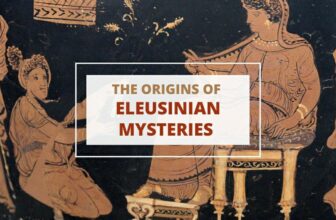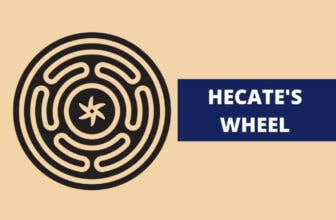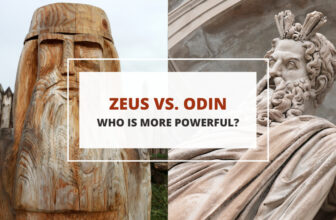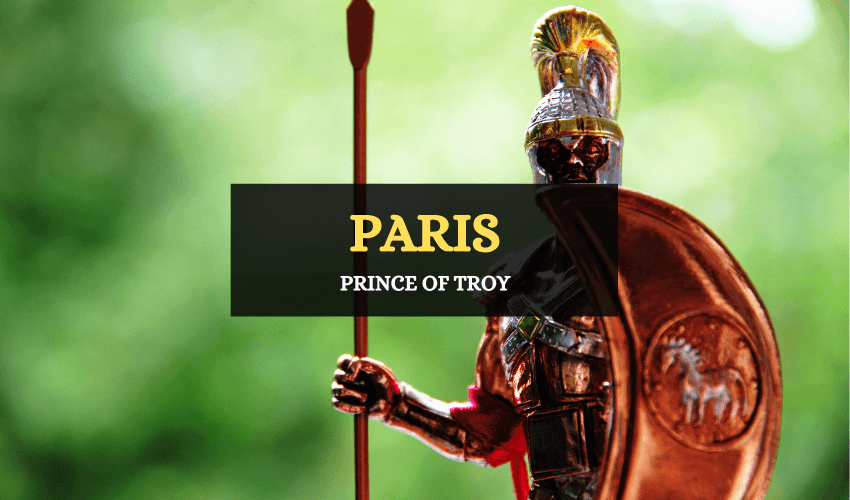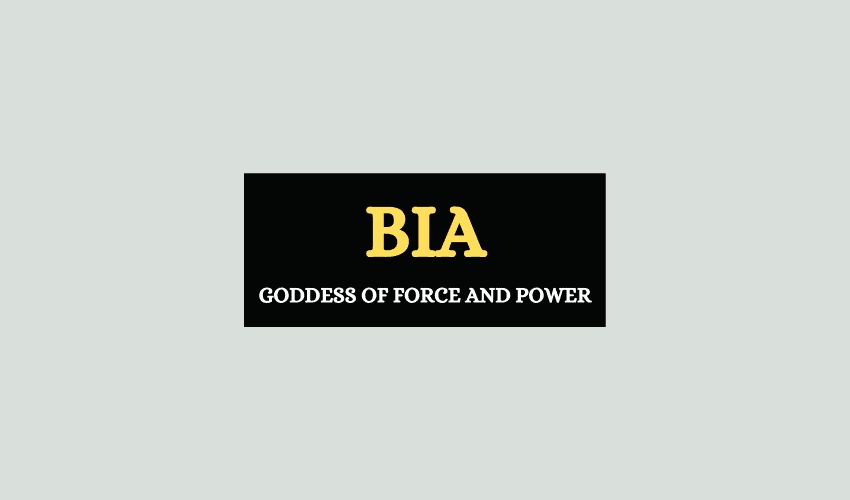
Table of Contents
Greek mythology teems with minor deities who influenced events with their powers and myths. One such goddess was Bia, the personification of force. Along with her siblings, Bia played a decisive role during the Titanomachy, the great battle between the Titans and the Olympians. Here’s a closer look at her myth.
Who Was Bia?
Bia was the daughter of the Oceanid Styx and the Titan Pallas. She was the goddess of force, anger, and raw energy, and she personified these traits on earth. Bia had three siblings: Nike (personification of victory), Kratos (personification of strength), and Zelus (personification of dedication and zeal). However, her siblings are more well-known and have more forceful roles in the myths. Bia, on the other hand, is a silent, background character. Although she’s important, her role is not emphasized.
All four siblings were companions of Zeus and gave him their providence and favor. There are little to no descriptions of her appearance, yet her enormous physical strength is a common trait mentioned in several sources.
Bia’s Role in the Myths
Bia appears as a pivotal character in the myth of the Titanomachy and in the story of Prometheus. Apart from this, her appearances in Greek mythology are scarce.
The Titanomachy
The Titanomachy was the war between the Titans and the Olympians for control over the universe. When the fight broke loose, Oceanus, who was Styx’s father, advised his daughter to offer her children to the Olympians and pledge to their cause. Oceanus knew that the Olympians would win the war and currying favor with them from the start would keep Styx and her children on the right side of the war. Styx promised allegiance, and Zeus took her children under his protection. From then onwards, Bia and her siblings never left Zeus’ side. With their gifts and powers, they helped the Olympians defeat the Titans. Bia gave Zeus the energy and strength necessary to be the victor of this war.
The Myth of Prometheus
According to the myths, Prometheus was a Titan who often caused Zeus troubles by championing humanity. When Prometheus stole fire for humans, against Zeus’ wishes, Zeus decided to chain Prometheus to a rock for all eternity. Zeus sent Bia and Kratos to perform this action, but only Bia was strong enough to contain and chain the mighty Titan. Prometheus was then doomed to remain chained to the rock, with an eagle eating out his liver, which would then regenerate only to be eaten again the next day. In this way, Bia was played an important role in the chaining of the Titan who supported the cause of the humans.
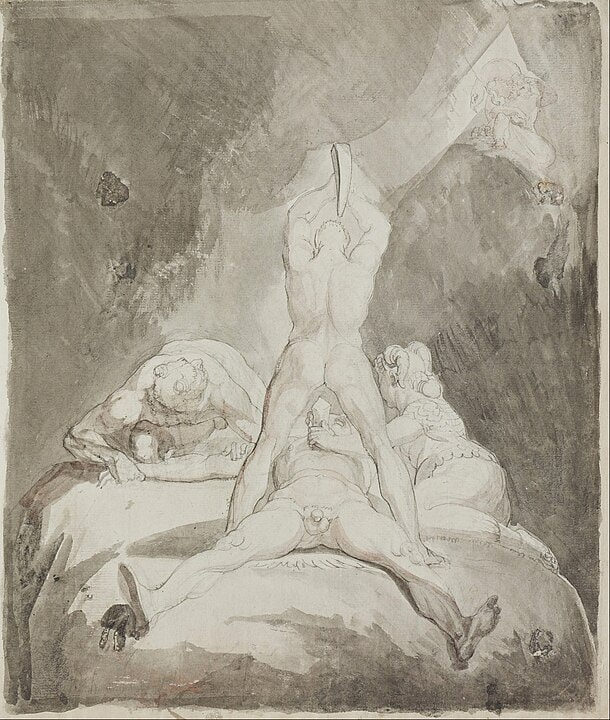
Significance of Bia
Bia was not a major goddess in Greek mythology, and she was even less significant than her siblings. However, her role in these two events was necessary for their development. Bia does not appear in other myths and is not named as a companion of Zeus in other stories. Yet, she stayed by his side and offered the mighty god her powers and favor. With Bia and her siblings, Zeus could accomplish all his feats and reign over the world.
In Brief
Although Bia may not be as known as other goddesses, her role as the personification of force and raw energy was fundamental in Greek mythology. Although her myths are scarce, those she does appear in showcase her strength and power.




